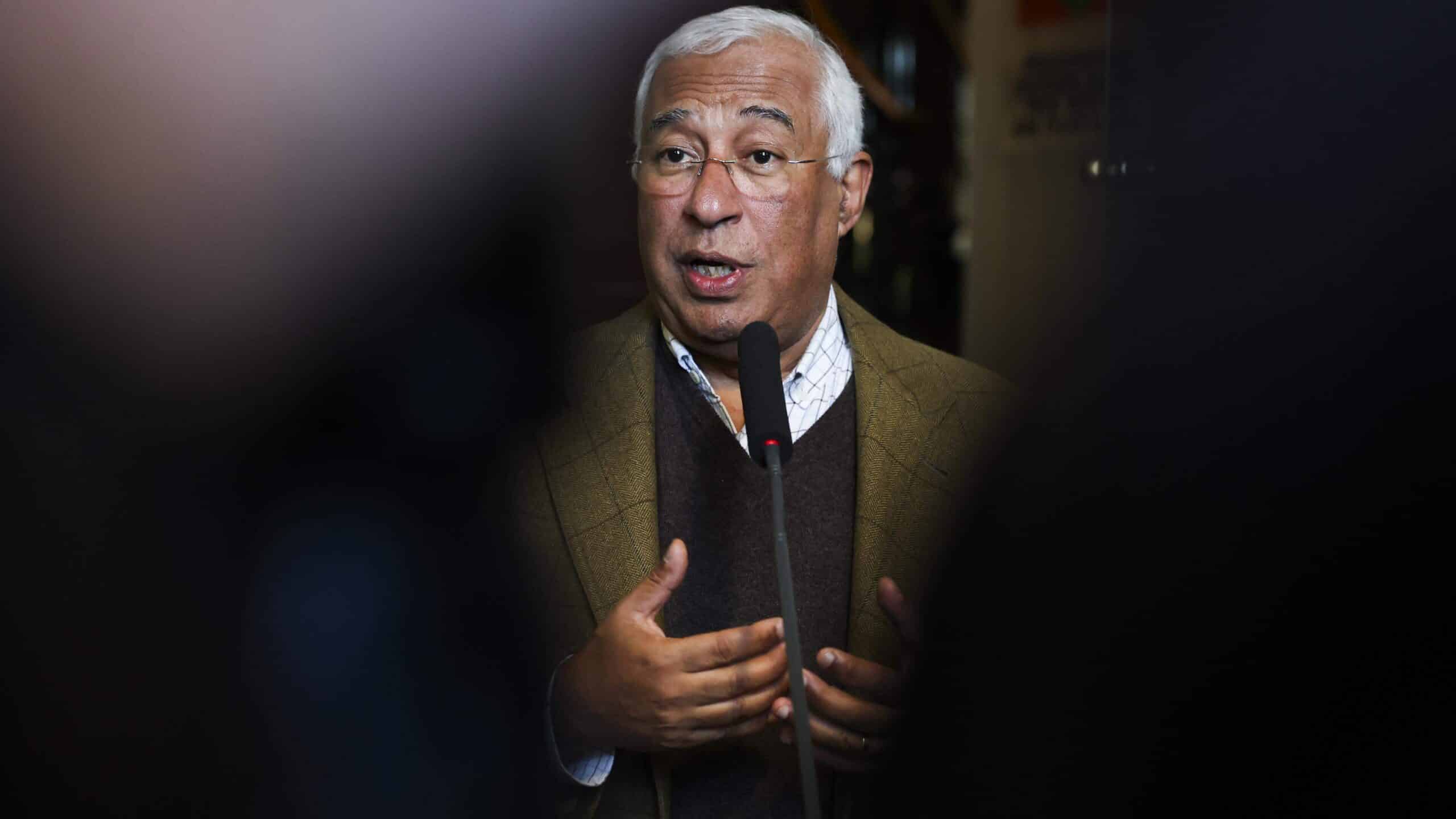Public Prosecutors’ thesis implicating PM “contradictory and vague”
Almost four months since Portugal’s absolute majority government was toppled by a so-called corruption probe, very little appears to have moved forwards.
The Prime Minister, for instance, whose political aspirations have had to be put on hold, has still not been interviewed over the ‘separate suspicion’ that he may have acted as a facilitator.
And this week, the arguments of Judge Nuno Dias – the judge who turned the probe on its head so spectacularly – have been published in the context of the PM’s state of limbo.
Says Lusa, the judge “considered the thesis that defendants Diogo Lacerda Machado and Vitor Escária tried to put pressure on the prime minister to approve a decree-law favourable to Start Campus to be contradictory and vague.
“This argument by investigating judge Nuno Dias Costa is included in his response to the public prosecutor’s office’s appeal, to which the Lusa news agency had access, contesting bail measures applied to the five official suspects, none of whom were deprived of their liberty by the magistrate during their judicial interrogation.
According to the public prosecutor’s office thesis, some of the suspects had recourse to Diogo Lacerda Machado, a lawyer and friend of outgoing prime minister António Costa, “in order to contact the prime minister, directly or indirectly, with a view to putting pressure” on the secretary of state Ana Fontoura Gouveia and “aimed – and succeeded – in having the aforementioned decree-law approved and published as quickly as possible and with the normative content favourable to the interests of Start Campus”.
For the judge, the MP’s allegations are vague “as to which public body the influence was to be exerted on”, questioning whether it was the government – through Diogo Lacerda Machado to the prime minister, or the secretary of State for energy – through Vitor Escária, António Costa’s chief of staff at the time of the facts”.
Judge Costa also considers that “the facts pointed out by the public prosecutor’s office are contradictory in terms of the intended decision, given that the defendants wanted to put pressure on the secretary of State (Ana Fontoura Gouveia) to approve a decree-law favourable to START Campus interests, when the authority to draw up decree-laws lies with the government and not with a secretary of State.
“This description is silent as to the unlawfulness (improper influence peddling) or lawfulness (proper influence peddling) of the intended decision,” emphasises the judge.
Nuno Dias Costa also criticised the Public Prosecutor’s Office for having invoked new facts in its appeal against the bail measures applied to the five defendants, which it did not present during the judicial questioning, reiterating that, with the exception of the facts of influence peddling and undue receipt of an advantage, which he consideres to be “strongly indicted”, the remaining facts presented by the public prosecutor’s office “do not fulfil the typical criteria” of any crime.
This operation led to the arrest of the PM’s then chief of staff Vítor Escária, his so-called ‘best friend’, Diogo Lacerda Machado, the directors of Start Campus Afonso Salema and Rui Oliveira Neves, and the mayor of Sines, Nuno Mascarenhas – all of whom the judge released after days of questioning.
In addition to the five men initially arrested, there are four other defendants in the case, including the now ex- minister for infrastructures João Galamba, the now ex-president of Portuguese Environment Agency APA, Nuno Lacasta, the lawyer, former secretary of State for justice and former PS spokesman João Tiago Silveira and Start Campus as a company.
The case began as one probing business dealings over lithium exploration in Montalegre, the production of energy from hydrogen in Sines, Setúbal, and the project to build a data centre in the Sines industrial and logistics zone by Start Campus.
Source material: LUSA




















